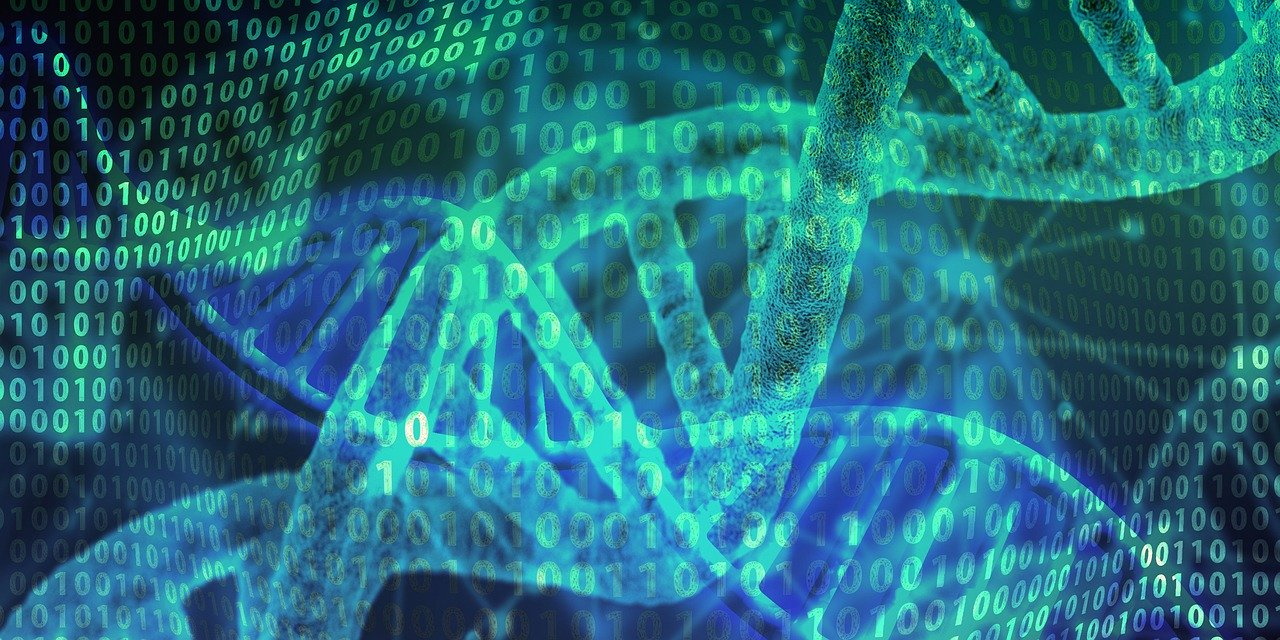Ever wondered what you’re really made of?
Your genome is a unique genetic code that determines your characteristics. It’s a specific combination of DNA molecules that makes you you.
Studying the entire genetic code of an individual or a group of individuals can help us gain a better understanding of diseases, enable precision medicine and power pharmacogenomics — how genes affect a person’s response to drugs.
As part of a national project launched by Abu Dhabi’s Department of Health, Group 42 is harnessing its Artemis supercomputer to decode the human genome and improve patient care. Powered by NVIDIA GPUs, Artemis is the 26th fastest system in the world.
G42, based in Abu Dhabi, develops and deploys holistic and scalable AI and cloud computing offerings. Through its Inception Institute of Artificial Intelligence, it carries out fundamental research on AI, big data and machine learning.
Building a world-class AI supercomputer normally takes six months or longer. In just three weeks, G42 designed, built and deployed Artemis with NVIDIA, using the DGX SuperPOD reference architecture and Mellanox AI networking fabric.
The Population Genome Program
Built with 81 NVIDIA DGX systems, Artemis can deliver a total of 7.2 petaflops of double-precision HPL performance and run workloads 120x faster than G42’s previous system.
Now the supercomputer is being put to work on the Population Genome Program. This national effort aims to enhance scientific understanding of Abu Dhabi citizens’ genomes and improve healthcare in the country.
Till now, the understanding of genetic variation in the Arab population has been a challenge due to the lack of a high-quality Emirati reference genome. The Population Genome Program will enrich available data by producing a reference genome specific to citizens of the United Arab Emirates.
The program aims to be the first of its kind in the world to then use this as a baseline and incorporate the genomic data into healthcare management processes.
“Embracing innovation and providing a comprehensive healthcare programme in the Emirate of Abu Dhabi remains at the forefront of our priorities. Two of the world’s most exciting technologies — DNA sequencing and AI — will come together in this project,” explained H.E. Sheikh Abdulla Bin Mohamed Al Hamed, Chairman of Department of Health-Abu Dhabi, in a press statement.
Accelerating Processing of Genomic Data
In the first phase of the program, the genomes of 10,000 individuals are set to be tested. To ensure the highest throughput and accurate analysis, both short-read and long-read genome sequencing platforms will be used, leveraging G42’s collaboration with BGI and Oxford Nanopore — two global genome sequencing leaders.
Anonymized DNA samples will first be collected and processed using Oxford Nanopore PromethION sequencers. These devices, which contain embedded NVIDIA GPU technology to enable AI at the edge, will help to accelerate the processing of genomic data.
The processed data will be supplied, in a graphical format, to Artemis for AI-powered analysis, with support from NVIDIA Parabricks software to support their population analysis.
The final results will be provided to the research and medical community to help deliver more effective patient care. This could include more advanced treatments for conditions such as cancer, schizophrenia, autism, and cardiovascular and neuronal diseases.
“With NVIDIA’s GPU technology we’re able to provide a highly optimized AI platform for the national Population Genome Program and accelerate data processing,” said Min S. Park, director of Genome Programs at G42. “This collaboration supports our goals of developing a program for personalized care across the UAE, bringing experts, data and technology together for improving patient care.”
Combatting COVID-19
G42 is also using its supercomputing prowess in the battle against COVID-19, having recently established a new detection laboratory in Masdar City, Abu Dhabi. This facility can, on a daily basis, support tens of thousands of real-time reverse transcription polymerase chain reaction (RT-PCR) tests. These tests detect the presence of the SARS-CoV-2 virus in samples taken from patients.
In addition, G42 is involved in the production of COVID-19 diagnostic kits, the supply of thermal sensors and, working in coordination with local and international health authorities, assisting in the creation of effective prevention and detection protocols to contain the virus.
“Technology will play a crucial role in curbing the spread of the coronavirus and the superior computing capability of Artemis can help in many ways — from rapid vaccine development, where computer simulations may replace manual experiments and reduce the development time of a vaccine, to mapping and predicting trends in the outbreak, as well as predicting virus mutations,” said Peng Xiao, CEO of G42.
Image credit: Gerd Altmann
